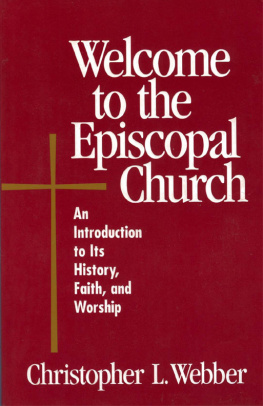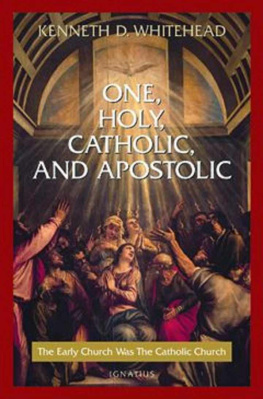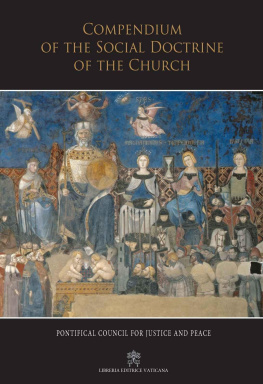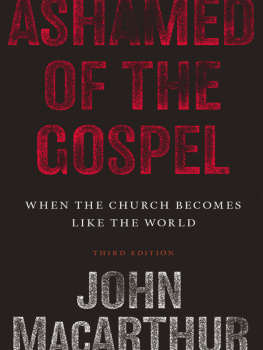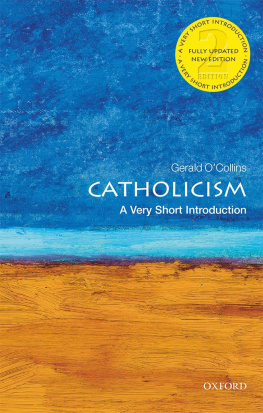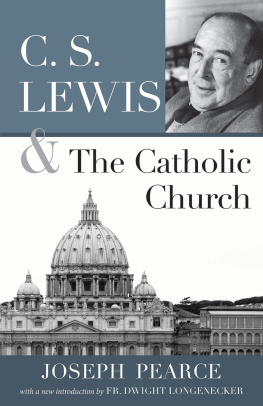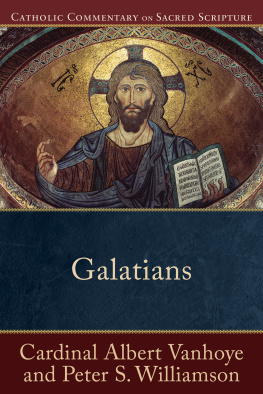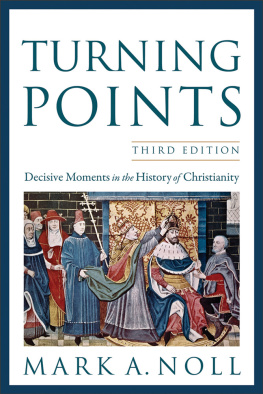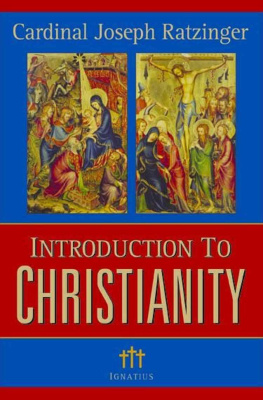
1997, 2000, 2012 by Mark A. Noll
Published by Baker Academic
a division of Baker Publishing Group
P.O. Box 6287, Grand Rapids, MI 49516-6287
www.bakeracademic.com
Ebook edition created 2012
Ebook corrections 08.13.2013
All rights reserved. No part of this publication may be reproduced, stored in a retrieval system, or transmitted in any form or by any meansfor example, electronic, photocopy, recordingwithout the prior written permission of the publisher. The only exception is brief quotations in printed reviews.
ISBN 978-1-4412-3880-1
Library of Congress Cataloging-in-Publication Data is on file at the Library of Congress, Washington, DC.
Unless otherwise indicated, Scripture quotations are from the Holy Bible, New International Version. NIV. Copyright 1973, 1978, 1984, 2011 by Biblica, Inc. Used by permission of Zondervan. All rights reserved worldwide. www.zondervan.com
Scripture quotations labeled NRSV are from the New Revised Standard Version of the Bible, copyright 1989, by the Division of Christian Education of the National Council of the Churches of Christ in the United States of America. Used by permission. All rights reserved.
To the Illinois Presbyterians and Transylvanian Baptists for whom the material in this book was first prepared and who, though students, have taught me much more than ever I gave to them
Contents
: The Idea of Turning Points and Reasons for Studying the History of Christianity
: The Fall of Jerusalem (70)
: The Council of Nicaea (325)
: The Council of Chalcedon (451)
: Benedicts Rule (530)
: The Coronation of Charlemagne (800)
: The Great Schism (1054)
: The Diet of Worms (1521)
: The English Act of Supremacy (1534)
: The Founding of the Jesuits (1540)
: The Conversion of the Wesleys (1738)
: The French Revolution (1789)
: The Edinburgh Missionary Conference (1910)
: The Second Vatican Council (196265) and the Lausanne Congress on World Evangelization (1974)
: The Character of Christianity and the Search for Turning Points
List of Figures
List of Maps
Preface to the Third Edition
T he major change in this new edition has me going out on a limbsince interpretation of recent history is always riskyby designating the Second Vatican Council (196265) and the Lausanne Congress on World Evangelization (1974) as the critical turning point(s) of the recent past. In a new chapter 13 I try to explain why those gatherings might be considered emblematic for the recent world history of Christianity. My expansion of the treatment on Vatican II and Lausanne in the former editions chapter 13 means that the new afterword incorporates some material that was in the old chapter 13 as well as some further reflections on the current trajectory of Christianity in the world. One other substantial change came about due to the kindness of readers who informed me of historical errors in chapter 3 on the Council of Chalcedon. I am grateful for their advice and have tried to make that account as accurate as possible without attempting an entirely new rendition of the critical, but tangled, events of the fifth century.
For the rest I appreciate the opportunity to revise the further reading sections at the end of each chapter, to update statistical information, and to draw upon newer standard editions for some of the documents quoted.
I am grateful that the book has proven useful as an orientation to the broad sweep of Christian history, but I am even more pleased when it has prompted readers to go on to the advanced reading and study that every one of the topics, people, and eras mentioned in this book so much deserves. My prayer is that this new edition of Turning Points may continue to provide useful instruction about the past, but even more a growing sense of gratitude to the One who lovingly presides over the present and the future as well as the past.
Acknowledgments
F or help on the subjects of this book, some of it going back many years, I am deeply grateful to a large group of teachers, friends, and colleagues:
- To gifted teachers with whom I studied church history, including Harold O. J. Brown, Jack Forstman, John Gerstner, Dale Johnson, H. D. McDonald, John Warwick Montgomery, Richard Wolf, and John Woodbridge. I hope the ones among these expert teachers who are still in the land of the living, as well as especially David Wells, my first teacher in several senses of the term, will take it as nothing but a compliment if a few of their phrases or a hint of their outlines have worked their way through years of rearranging lecture notes to the printed page. Over the last several years the influence of another kind of teaching from Andrew Walls has profoundly deepened my understanding of the history of Christianity.
- To a generation of college students, mostly in classes at Wheaton College, who through patient listening and probing questions have pushed cut-and-dried information into genuine historical engagement.
- To patrons associated with Wheaton College who generously expedited work on the first edition of this book.
- To friends associated with the work of the Institute for the Study of American Evangelicals who, by being such splendid colleagues on questions of Christian history in North America, have provided a matchless counterpoint for considering the worldwide history of Christianity.
- To Bob Lackie, my first and still among the best ever student assistants, for preparing the study questions.
- To family members who for several decades have encouraged, tolerated, and indulged a fascination with history that leaves me sometimes only half present in the here and now; and especially to my wife Maggie for crucial assistance on this new edition.
- To Robert Brown and Estelle Berger who were essential in completing the first edition, and to Jeremy Wells who was equally helpful for this edition.
- To members and Sunday school regulars at Bethel Presbyterian and Immanuel Presbyterian churches in Wheaton and Warrenville, Illinois, and more recently at the South Bend (IN) Christian Reformed Church, who have shown such eager interest in the Christian past.
- And to the Baptist theological students in Oradea and Cluj, Romania, especially to friends in Oradea who provided an opportunity in the summer of 1989 to condense notes for a two-week introduction to the study of church history onto a single 4 6 card and in so doing planted the seed that has sprouted as this book.
Introduction
The Idea of Turning Points and Reasons for Studying the History of Christianity
A mong the last words that Jesus spoke to his disciples were statements recorded in Matthew, chapter 28, and Acts, chapter 1. These words, though they are important for many other reasons, also outline a framework for the history of Christianity.
All authority in heaven and on earth has been given to me. Nothing could now happen to the followers of Christ that lay outside the reach of his sovereignty; no experiences that the church underwent, no matter how glorious or how mundane, were irrelevant to the living Word of God.
Therefore go and make disciples of all nations. The history of Christianity would always involve at least two related actions: a movement outward to reach places where Christs name was hitherto not known and a movement inward to train hearts in learning more of Christ.
[S]urely I will be with you always, to the very end of the age. However the church might wander, whatever the sins committed by Christians as individuals and as a body, the people of God would be sustained, not by their own wisdom, but by the presence of Christ.



